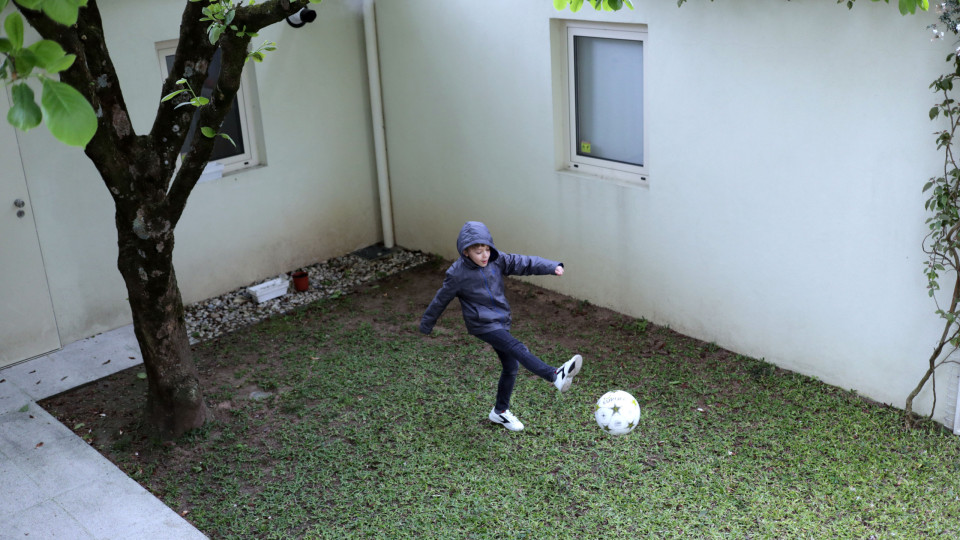Children consumed more vegetables but also more sweets during the pandemic
One in five parents surveyed in a European study reported that their children started consuming more salty and sweet 'snacks' during the pandemic, despite the fact that they ate fruit (10.3%), vegetables (7%) and dairy products (10.8%) more often.

© Lusa

Mundo Covid-19
The study by the World Health Organization (WHO) "The impact of the COVID-19 pandemic on the daily routine and behaviours of school-aged children in Europe: results from 17 Member States", presented today in Lisbon, gathered data from almost 55,000 families and children, the majority of whom were boys (51.8%) and eight years old (54.8%).
Coordinated by the Ricardo Jorge National Health Institute (INSA), the study aimed to understand the impact of the COVID-19 pandemic (2020-2022) based on parents' perceptions in relation to six dimensions: Food consumption, family behaviours, physical activity and sedentary behaviours, characteristics of the family environment, children's nutritional status, mental health and well-being.
The study reveals that food consumption remained unchanged for 70 to 80% of children, but parents' perception of their children's nutritional status doubled for overweight (rising from 8% before the pandemic to 16% during the pandemic period) and the percentage of children perceived as having normal weight fell from 82 to 73%.
Speaking to the Lusa agency, Ana Rito, the INSA researcher who led the study, pointed out as a positive aspect of the pandemic the improvement in several family behaviours, such as "sharing meals as a family" (29%), "preparing meals together with the child" (30%) and "buying food in large quantities" (28%), instead of going to the supermarket.
"Although we never associate positive aspects with the pandemic, there were, in fact, one or two aspects that we have to highlight and one of them was the increased time spent with the family (...) which allowed the child to be closer to the mother and father at cooking time", recovering something that has been getting lost in the current lifestyle, she commented.
However, there were "many other" aspects that "were not such positive changes at the time", said Ana Rito, giving the example that, while there was an increase in the consumption of fruit and vegetables in Portugal, very similar to the European average, and a decrease in the consumption of soft drinks and sugary products, it was also found that "children consumed many more sugary products of another nature, such as biscuits, cakes" and salty 'snacks'.
Sedentary activities also increased "on a large scale", with a decrease in the time that children spent playing actively on weekdays (28%) and at the weekend (23%) and 36% increased the time spent watching television, playing video games or on social networks.
More than a third of school-aged children (34%), between the ages of six and ten, increased the time spent learning at home, including "distance learning", by more than three hours per day, with parents also reporting an increase in the number of hours of sleep for children on weekdays (15%) and weekends (17%).
"The significant increase in these sedentary activities, combined with the lack of opportunity for children to engage in physical activity [due to confinement] (...) was something that certainly had an impact on the nutritional status and health of these children", as well as "the increased consumption of sugary products and uninteresting products in terms of food", stressed Ana Rito.
Stressing that the pandemic was not "the only cause" for the slight increase in overweight and obesity observed in Portugal, the researcher stated that it was "a very difficult period for these children and for everyone" also in matters related to well-being, mental health and psychosocial status.
Read Also: Virus killed 5 babies in France this year. Health authorities on alert (Portuguese version)

Descarregue a nossa App gratuita.
Oitavo ano consecutivo Escolha do Consumidor para Imprensa Online e eleito o produto do ano 2024.
* Estudo da e Netsonda, nov. e dez. 2023 produtodoano- pt.com



